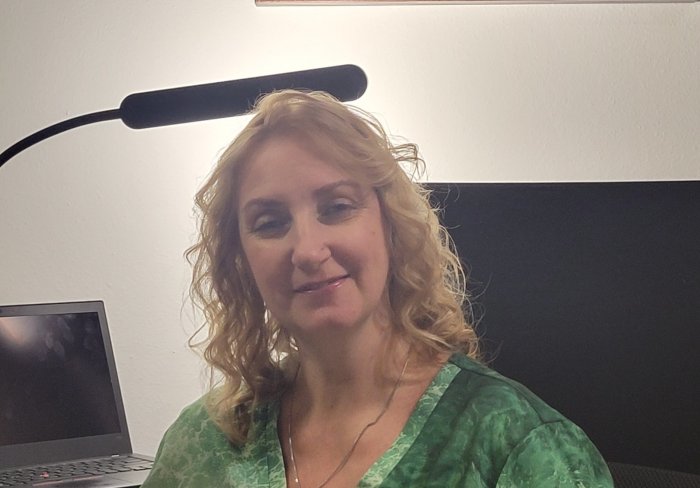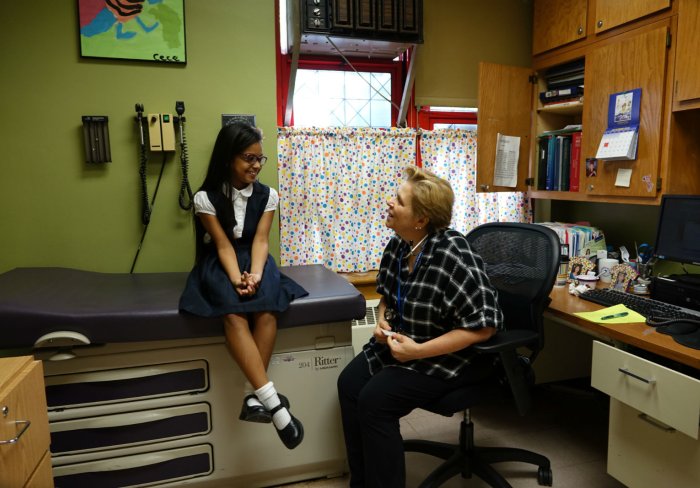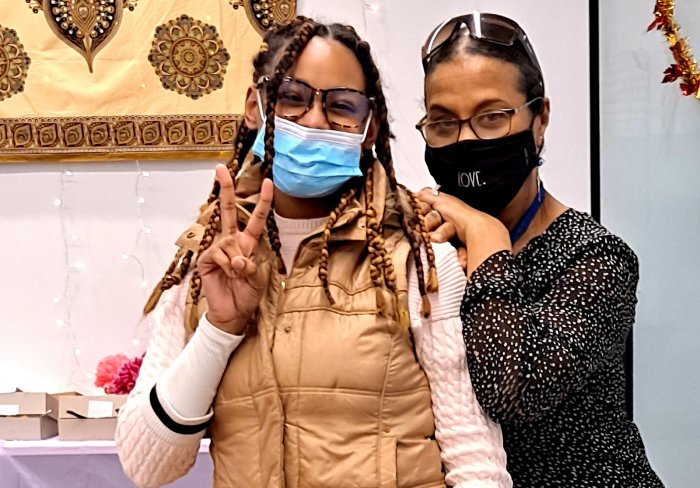Rosita Midence always knew she wanted to work with children.
As a teenager in the Bronx, she participated in youth programming at her local church and volunteered at summer camps. Her tendency to listen more than she speaks effectively made her a counselor for her friends.
“I had a pretty great childhood, but I also knew a lot of people that were really struggling,” she said. “I’ve always been the quiet person who listens versus the one who’s speaking, and I think that has led to a lot of people using me as a listening ear.”
In college, Rosita was contemplating her career path when her advisor suggested social work. As a former social worker herself, the advisor was able to explain the variety of careers within the field.
“We had a conversation, I started looking into it, and within that month I had made up my mind that this is what I wanted to do,” she said.
After double majoring in psychology and creative writing in undergrad, Rosita attended the Silberman School of Social Work at Hunter College. During graduate school, she interned with Children’s Aid at our Mirabal Sisters Campus in Washington Heights.
She enjoyed the work, and when a full-time position opened at our Bronx Health Center, she applied and landed the job. For five years, Rosita has been a senior social worker for foster care mental health, where she serves children from 3 to 22 years old.
“I really wanted to be able to support children that have been through quite a lot,” she said. “I’ve always kind of been the listening ear for my friends and the people around me, and I wanted to know how to do that from a clinical perspective. I wanted to be able to address the trauma that’s going on and have a way to support our community.”
In the midst of the pandemic, in-person services were halted and Rosita had to find new ways to communicate with her clients. With the use of telehealth, she was able to cater to her clients in a different environment.
“Telehealth opened the door for us to be a little bit more creative and flexible,” she said. “We can work in the environment where they’re experiencing a lot of their triggers. Seeing a client in their living space is a really good way to be able to offer in-the-moment support.”
Though Rosita plays a part in helping her clients process and overcome trauma, she credits them for doing the hard work. The most fulfilling aspect of her job is watching young people thrive despite the obstacles they’ve had to face.
“I think of it more as the work they do themselves,” she said. “I do have some clients who have been through some really traumatic situations and come into foster care as a teen. They’re currently going to college, doing really well in school, and really just finding some stability in the midst of everything that they’ve been through. It has been a really fulfilling experience.”







